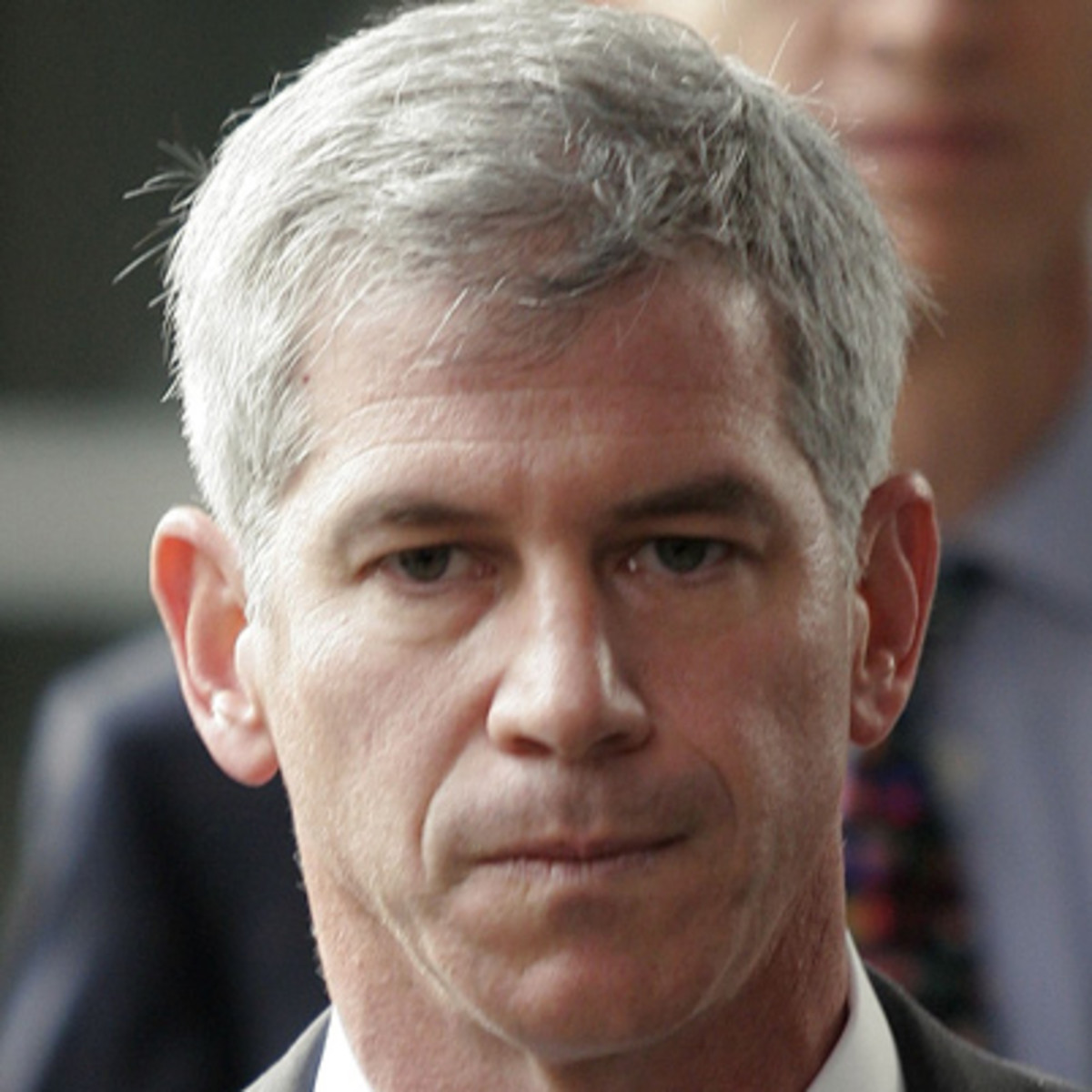 It’s a good thing that Andy Fastow’s counsel did not mention Fastow’s following testimony on March 8 in the Lay-Skilling trial during Fastow’s sentencing hearing today in front of U.S. District Judge Kenneth Hoyt:
It’s a good thing that Andy Fastow’s counsel did not mention Fastow’s following testimony on March 8 in the Lay-Skilling trial during Fastow’s sentencing hearing today in front of U.S. District Judge Kenneth Hoyt:
Q. Does the government decide your sentence?
A. My Judge decides the sentence.
Q. And who is your Judge?
A. Judge Hoyt.
Q. Is that right here in Houston, in this courthouse?
A. Yes.
Q. Do you recall the maximum sentence that you could be sentenced to for these crimes?
A. For the crimes I’ve pled guilty to?
Q. Yes.
A. Yes. Ten years.
Q. And was there a minimum sentence that you pleaded guilty to?
A. My plea agreement states that I agree to a sentence of 10 years. [. . .]
Q. And in agreeing — in addition to agreeing to serving 10 years in prison, did you also have to forfeit moneys?
A. Yes.
The foregoing testimony was elicted on direct examination of Fastow by Enron Task Force prosecutor John Hueston for the purpose of representing to the Lay-Skilling jury that Fastow’s testimony was credible because he had agreed to a floor of ten years of prison time. On March 8th, Skilling counsel Daniel Petrocelli followed up by asking Fastow during cross-examination about the sentence that he had agreed to under his plea deal:
Q. Okay. And you said you have to go to jail for 10 years; right?
A. Well, my sentence is for 10 years. I could potentially have time off for good behavior. [. . .]
Q. Okay. And the reason why you just answered my question in the way you did is because you want to communicate to the jury that Mr. Skilling is a criminal along with you, correct?
A. No, Mr. Petrocelli. I’m just trying to answer the questions honestly. My outcome is already determined.
Q. Well, not —
A. I’ll be sentenced to ten years as far as I understand. It doesn’t matter — my sentence isn’t affected by whether Mr. Skilling is convicted or not.
Then, on re-direct examination by Hueston on March 13th, Fastow testified as follows:
Q. And as a result of your pledge to cooperate, did you agree to plead guilty to a 10-year minimum sentence of imprisonment?
A. A 10-year maximum imprisonment.
Q. And what is the minimum amount of time that that plea agreement calls for?
A. It calls for a 10-year sentence.
Q. So after January 14th, can your cooperation lower that 10 years?
A. My understanding is that I will be sentenced to 10 years. The Judge ultimately has a discretion; but in my plea agreement, I agreed to the 10-year sentence.
Later that same day, Hueston asked Fastow about the suggestion made during cross-examination that Fastow had forged the key Global Galactic agreement between Fastow and former Enron chief accountant, Richard Causey:
Q. And after all this time, you found and turned over the document to the FBI, you remembered, late May or June; is that right?
A. I believe that’s correct, yes.
Q. And you turned it over because you were cooperating?
A. Yes, sir.
Q. And this is months after, six months after, you enter your plea of guilty; is that right?
A. Approximately, yes, sir.
Q. And can this document lower your sentence now, under your understanding?
A. My understanding is, no.
Q. And if, as the defense was suggesting, you were just falsely creating this document, wouldn’t it have been better to do so before you entered a plea of guilty, when you were bargaining with the government?
A. Well, one could argue that. [. . .]
Q. Mr. Fastow, if as the defense suggests, you’re on some sort of mission to say or do anything to convict Jeff Skilling, might you have been tempted to just add a couple more initials to that Global Galactic document?
A. Sir, I have no incentive to add any initials. My incentive is to be truthful. If I’m not truthful, I could go to prison for life. By making a document more compelling, I can’t lower my sentence.
Q. By trying to do that, there’s only one thing you’re sentence would do; right?
A. I’m sorry?
Q. If you tried to alter a document or tell a lie, there’s only one direction that sentence can go?
A. That’s correct. That would be a lie. That means my sentence would go up, potentially, to a life sentence.
Want to make a bet that the Task Force prosecutors did not inform Judge Hoyt today during Fastow’s sentencing hearing that Fastow and the Task Force had previously represented to the Lay-Skilling jury that Fastow’s testimony was more credible because he had agreed to a minimum ten-year sentence?

Featured on BuzzTracker